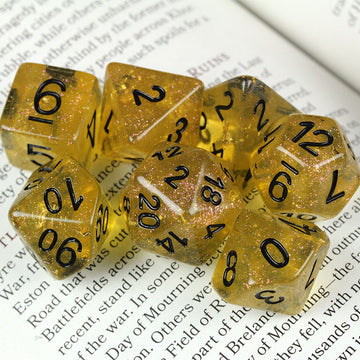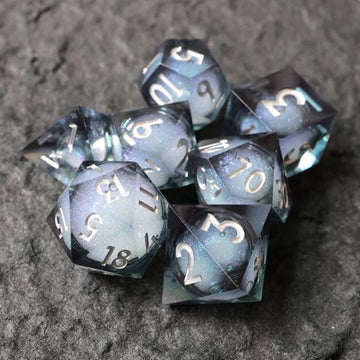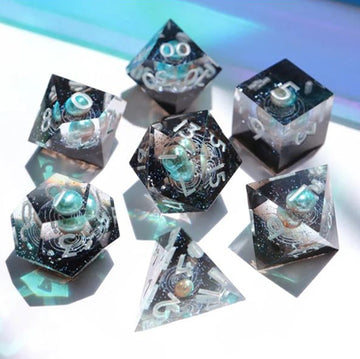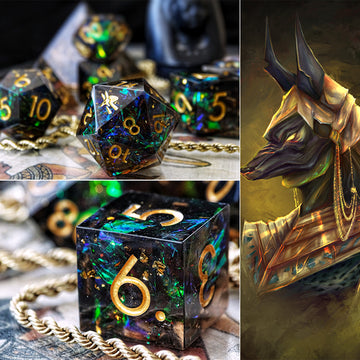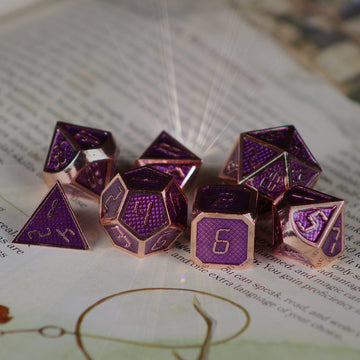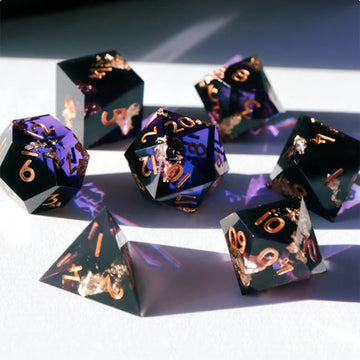Have you ever wondered why your DnD dice never seem to roll higher than a 12? Or why your DM’s lucky d20 seems to crit multiple times in a game? It could be that Tymora is messing with you, but more than likely it's a matter of dice balance.
Most dice are inherently unbalanced, at least to some degree. Many have small manufacturing errors like air bubbles or uneven sides. Others have aesthetic inclusions. These factors and others can lead to a minutely-unbalanced dice. Depending on the level of unbalance, this may not reveal itself for several dozen, hundred, or even a thousand rolls.
There are many articles and videos discussing dice balance and how to test for it. But dice balance tests use a large amount of salt, not to mention time and patience. So is it really necessary to test every single set of dice you own?
Benefits of the Dice Balance Test
Dice balance tests originated from the world of gambling. When there's big money on the line, it's important to ensure that every roll of the dice is completely random.
But when it comes to a tabletop RPG like Dungeons and Dragons, the stakes are much lower and more forgiving. That means that it's up to you and your table to determine how much weight you want to give to dice balancing.
There are groups that are more particular, banning inclusions or certain dice materials. If you're in a group like this but you want to use your favorite gemstone dice, you could do a test to prove they are fair. On the flip side, if you suspect your DM has a loaded d20, you could ask them to do a test too.
Another benefit to doing a dice balance test would be if you only own one set of dice. After all, your character's life depends on that set! So you should probably check if it's going to lean towards a lot of 1's.
Dice Balancing Alternatives
Dice balance is a variable that could affect your game. But when you consider that there are usually 3-5 other players at the table, it becomes less pressing.
Unless you are only using one set, chances are that you're not rolling the same die more than 3-5 times a session. The inconsistencies caused by dice imbalance are rarely severe. That means that you most likely won't notice any significant bias throughout the course of a game.
But if you or your gamemaster are still concerned about dice imbalance, never fear! There are alternatives to doing tedious dice balance tests.
- Single Dice - They say variety is the spice of life, and when it comes to your character's life, it can be a lifesaver! But instead of paying for entire sets, you can buy a bunch of single dice to cancel out potential imbalance.
- Table Dice Rotation - Don't have the budget for more dice? If your group aren't the superstitious types, rotate dice around the table. That way everyone gets a little bit of each die's imbalance.
- Metal Dice - Because of the way most metal dice are manufactured, they are often more balanced. You won't have to worry about air bubbles or inclusions in them. They usually contain a solid core, weighing the die as it should be.

